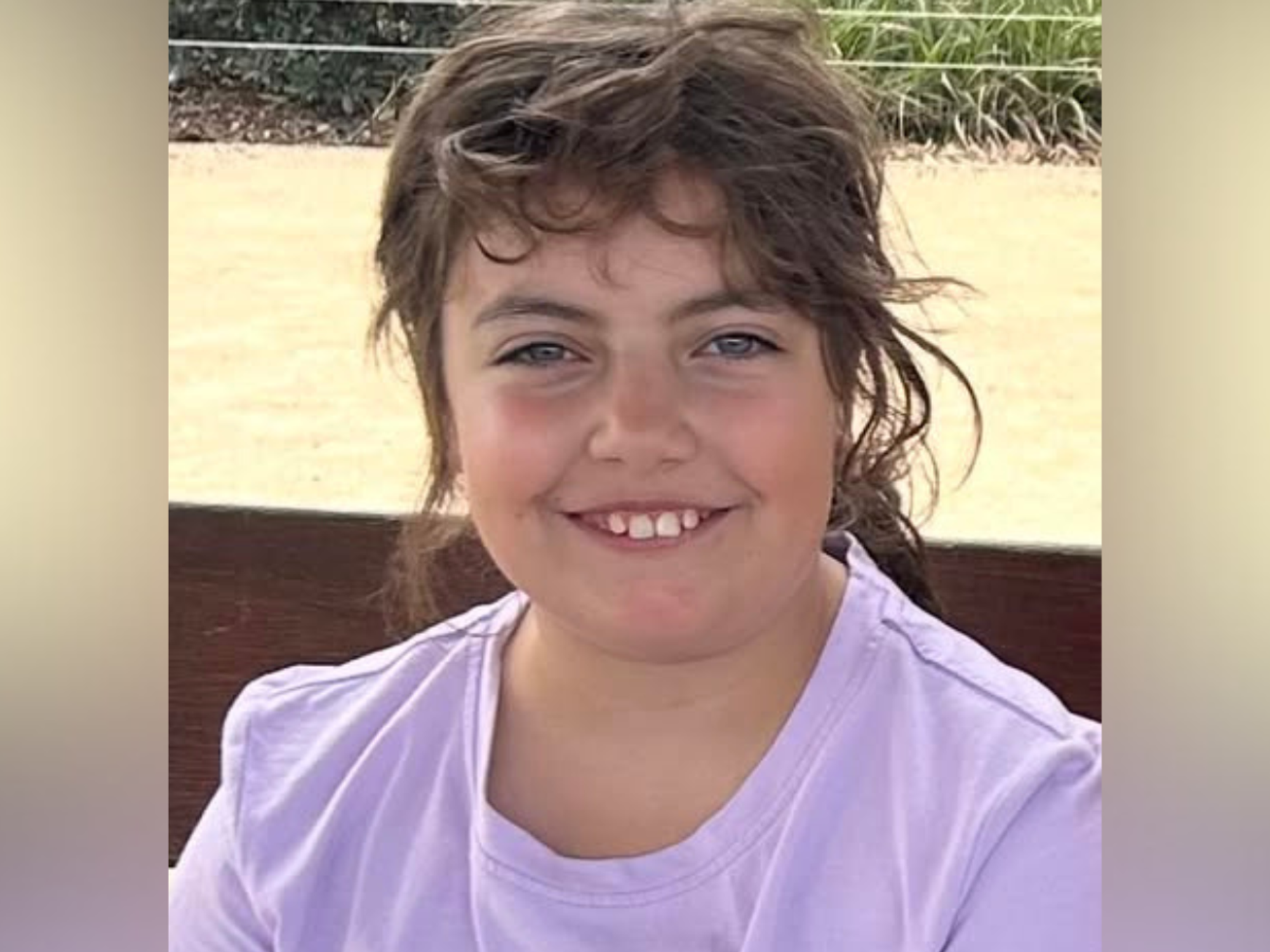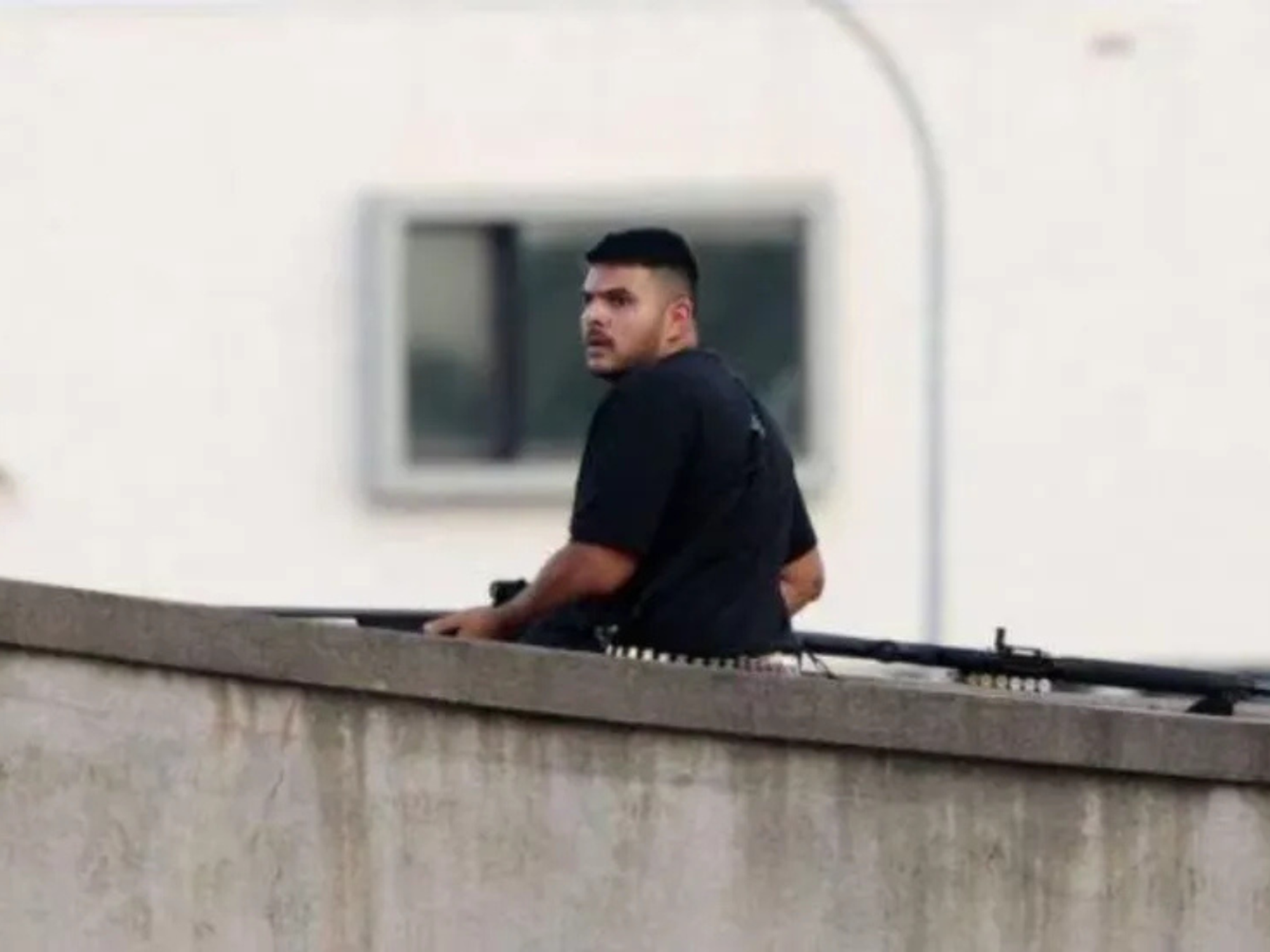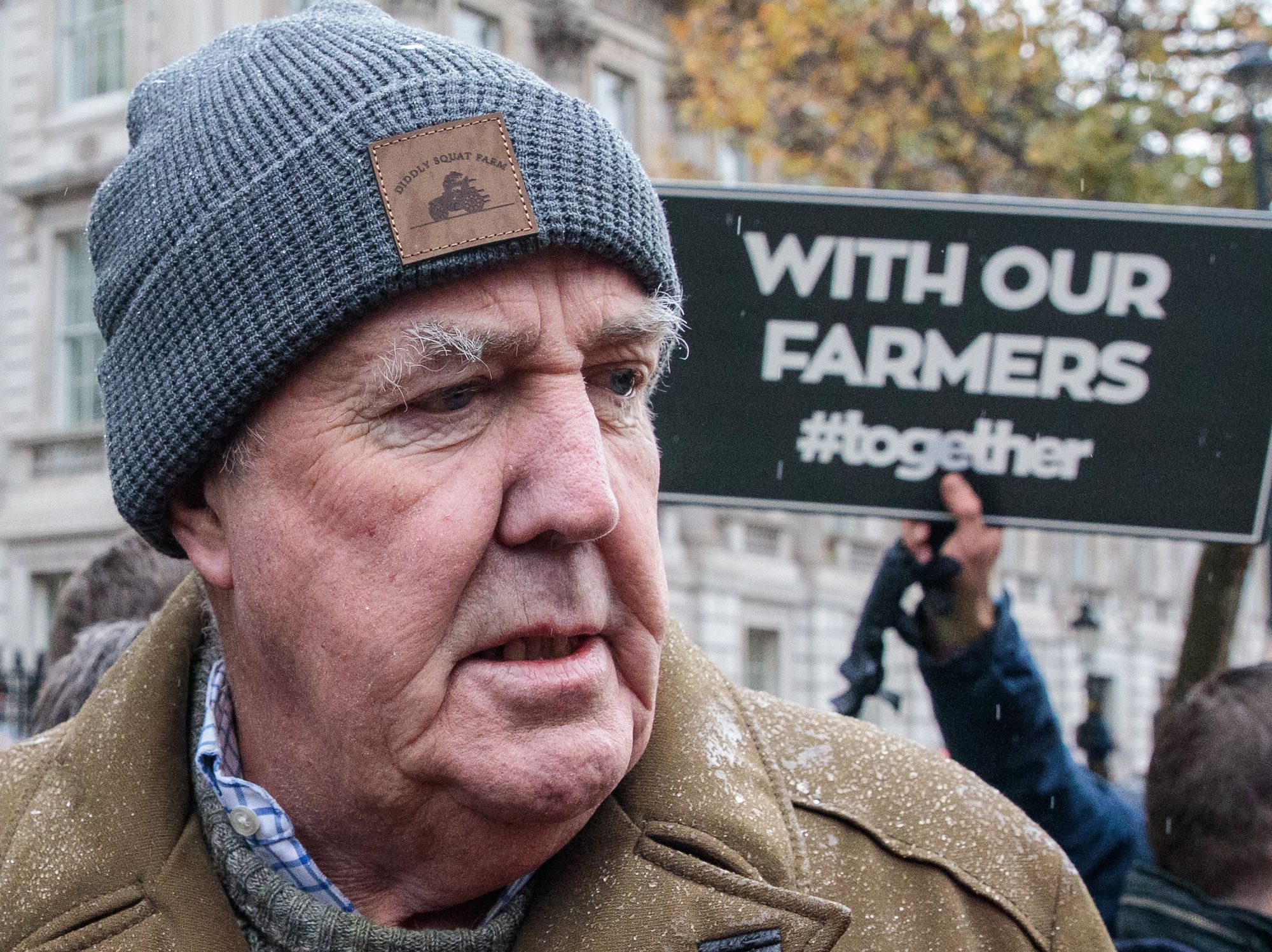Savings alert as over 60s need £50k cash to avoid 'nasty surprise tipping you into financial difficulties'
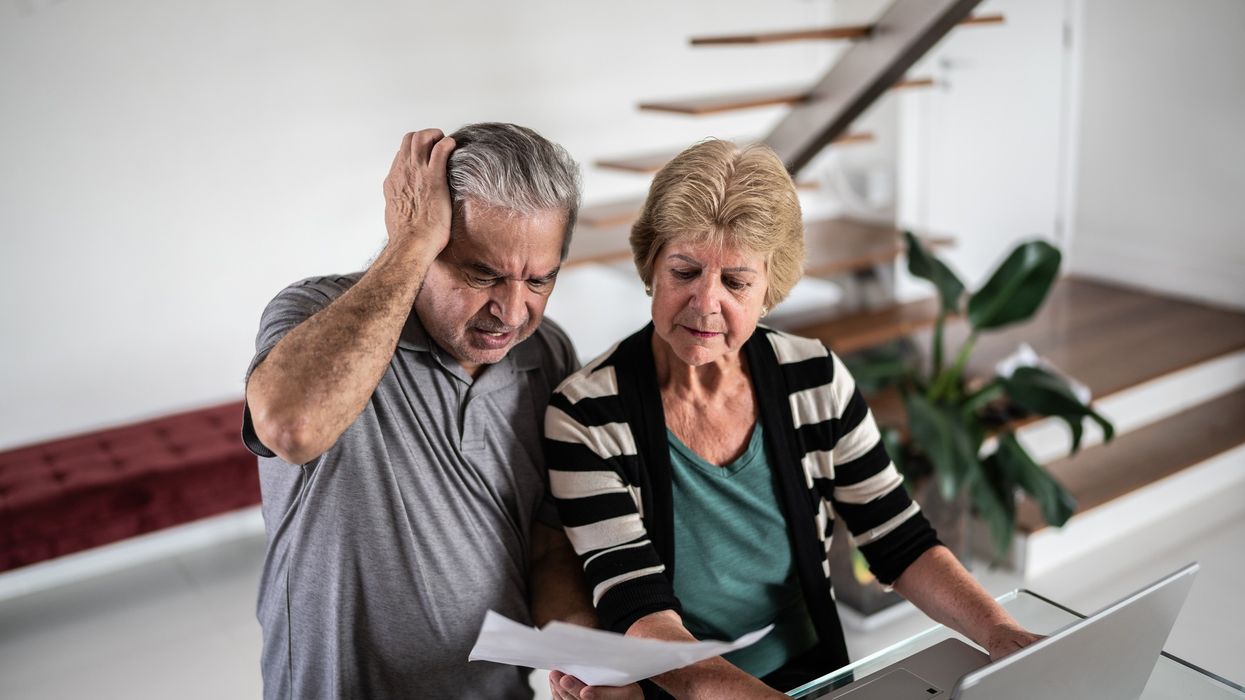
Retirees should have enough cash to cover one to three years’ worth of essential expenses in retirement
| GETTY
Retirees should have enough cash to cover one to three years’ worth of essential expenses in retirement
Don't Miss
Most Read
Latest
Britons need between £5,000 and just over £50,000 emergency savings depending on their age and circumstances, new research found.
As the cost of living crisis continues, Britons are all too familiar in how finances can take a turn in a short space of time.
The idea is that while working, individuals need cash to cover three to six months’ worth of emergency spending for the household.
This rises to one to three years’ worth after they stop work.
As a "rough rule of thumb", the Hargreaves Lansdowne Barometer shows that on average (mean), households spend £2,058 on essentials each month. So the cost of three months’ worth of essentials for the average person is £6,174.
Those aged 60 and over have the lowest costs (£1,390 a month) and those in their 40s have the highest ones (£2,349 a month). The cost of three years’ worth of essential spending for someone aged 60 and over is £50,040.
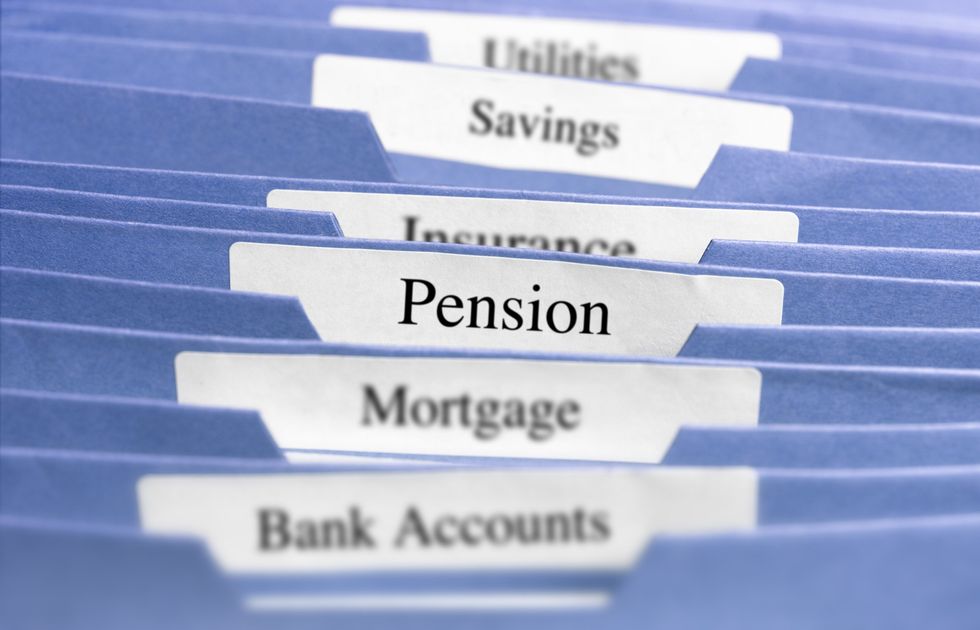
12.2 million households don’t have enough pension savings for a moderate living standard, but more than half of them have more than enough savings to boost their pension
| GETTYIt should be noted that these figures give us a useful guide as to the kinds of sums many people need.
Although some people may feel they have fallen behind, they'll need to calculate the right figure for themselves before taking any action.
Sarah Coles, head of personal finance at Hargreaves Lansdown said: "Life right now is like walking a tightrope. It’s difficult to find a decent balance given all the demands on you, but you should be alright, as long as you have a decent safety net.
"If nasty surprises have tipped you into financial difficulties in recent years, your emergency savings safety net will have made a world of difference. It’s why it’s so worrying that one in three households don’t have enough savings – rising to two in three among those in their early 20s.
"It can be difficult to know exactly how much we need to set aside. Having too little can cause major problems, but hoarding too much isn’t without its issues either, because you many be doing so at the expense of other areas of your finances.
"Our Barometer report in May showed that 12.2 million households don’t have enough pension savings for a moderate living standard, but more than half of them have more than enough savings to boost their pension.
"On average, we have enough in savings to cover the essentials however, this varies significantly with age."
How much do you need?
The first step is to consider how many months’ worth of essentials are needed which will depend on each circumstance.
Things to consider include the number of people relying on one's income, previous health problems, variable income, how many earners there are in the family and the insurance cover that is in place.
Secondly people should go through their spending, isolate the things they can’t live without- their essentials, and what they cost. This will give a rough indication of how much people should be aiming for.
Coles said: "If you don’t have enough set aside, it’ll feel like a difficult time to build it up, but if you’re waiting for the moment in life when your costs fall and you find yourself with plenty of money, you could wait forever.
"Instead, it’s worth doing whatever you can afford, as soon as you can afford to do so, and build your savings in any way you can.
LATEST DEVELOPMENTS:
"The best place for your emergency fund is an easy access savings account or cash ISA. At the moment, you can get interest of more than five per cent on both into the bargain, so it’s worth checking out online banks and cash savings platforms, where you can usually find higher rates. If you find your savings accumulating beyond what you genuinely need, you might want to consider investing.
"Building an emergency savings net is vital, but not at the expense of other aspects of your finances. It often makes sense to build up savings and pensions at the same time.
"If you have regular surplus income to put away, you could direct part to cash and part into a pension until you have enough set aside as an emergency fund and then start fully investing your money.
"Equally, an emergency fund, by its very nature, will wax and wane as it is called upon so replenishing this while continuing to invest for the longer term is completely sensible.”






